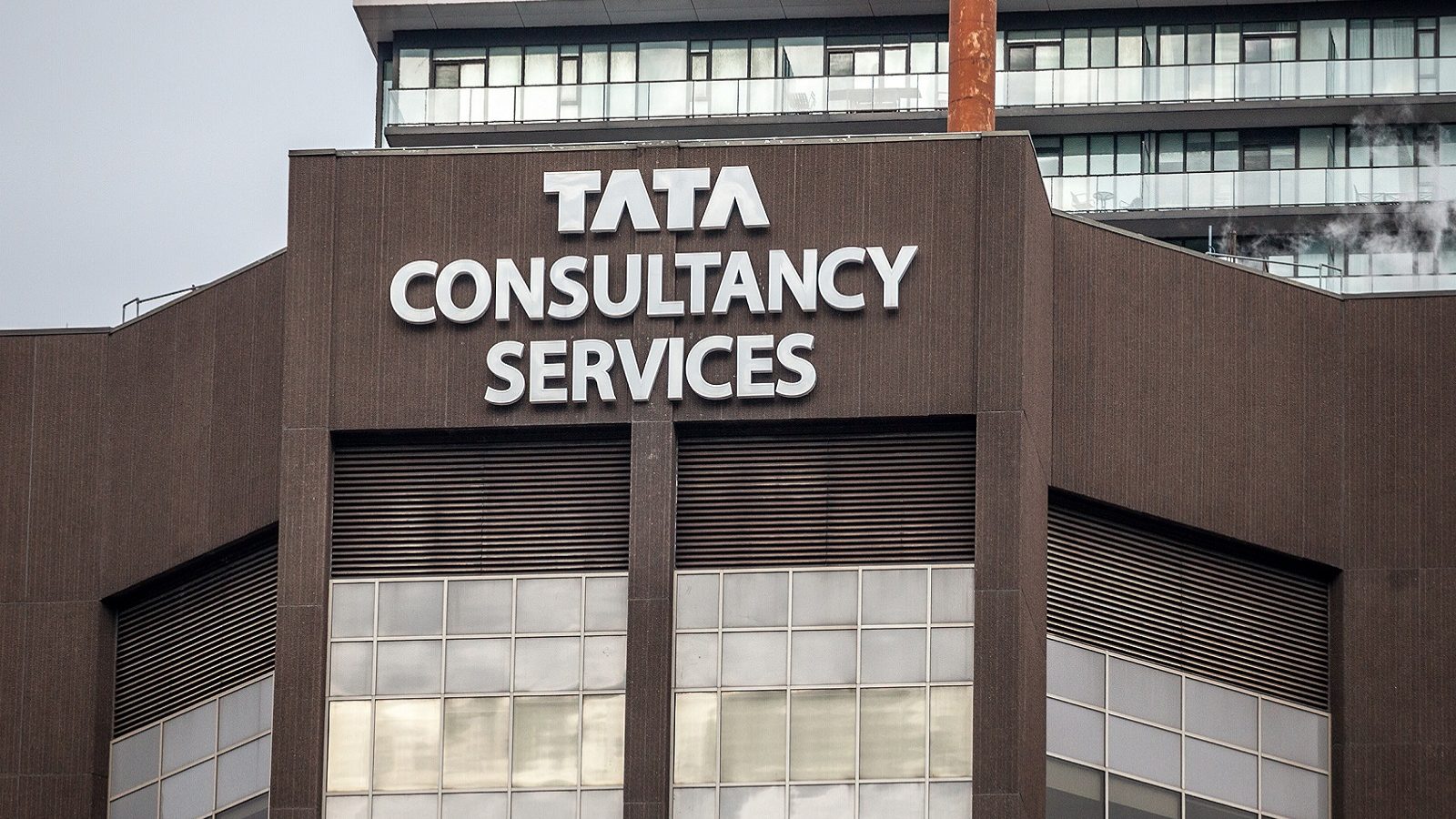Tata Consultancy Services (TCS), one of India’s largest and most influential IT services firms, has deferred wage hikes for the fiscal year 2025-26 (FY26), citing ongoing global economic uncertainty. This strategic decision reflects a cautious approach by the company as it navigates an unpredictable business environment, particularly marked by slowed client spending and global market volatility.
Economic Backdrop and Business Environment
TCS’s move comes at a time when the global IT sector is experiencing a deceleration in demand. The company’s major markets in North America and Europe are facing inflationary pressures and geopolitical challenges, prompting clients to re-evaluate their technology budgets. As a result, the growth momentum in IT services has softened, compelling service providers like TCS to prioritize cost efficiency over expansion in the short term.
By deferring salary hikes, TCS aims to control expenses and maintain profitability while waiting for more favorable economic conditions. In its recent quarterly financial report, TCS acknowledged that while it continues to see long-term potential in digital transformation, near-term uncertainties have necessitated a more prudent financial strategy.
Impact on Employees and Organizational Sentiment
The decision to delay wage increases has sparked concern among TCS employees, who were anticipating annual appraisals and pay adjustments. With a workforce of over 600,000 people, TCS is one of the largest private employers in India. Traditionally, the company has followed a structured approach to salary increments, often rewarding employees for performance and loyalty.
For many employees, particularly those who have remained with the company through periods of hiring freezes and heavy workloads, this delay has caused dissatisfaction. While TCS has not announced any layoffs, the wage hike deferral may contribute to rising attrition if competitors offer better compensation or incentives.
Several employees have expressed disappointment on social media platforms, highlighting concerns about motivation and morale. The lack of clarity on when the hikes might be revisited further adds to the anxiety among staff.
Industry-Wide Implications
TCS’s decision could influence broader trends across the Indian IT sector. Other major firms such as Infosys, Wipro, and HCLTech often align their compensation strategies based on industry benchmarks. If the economic slowdown persists, similar actions might be taken by these companies to preserve margins and protect shareholder interests.
At the same time, mid-tier IT companies and startups may view this as an opportunity to attract talent from larger players by offering competitive salary packages and faster career growth options.
Future Outlook
TCS has stated that the wage hikes have only been deferred, not canceled, and the company may revisit the decision depending on how the business environment evolves in the coming quarters. Additionally, there remains a possibility that performance-based incentives or variable pay components could be used to reward top performers and retain key talent.
In summary, TCS’s decision to defer wage hikes for FY26 reflects a broader trend of caution in the IT industry as companies brace for ongoing economic headwinds. While the move helps in cost optimization, it also presents challenges in maintaining employee morale and talent retention—areas the company will need to address in the months ahead.
